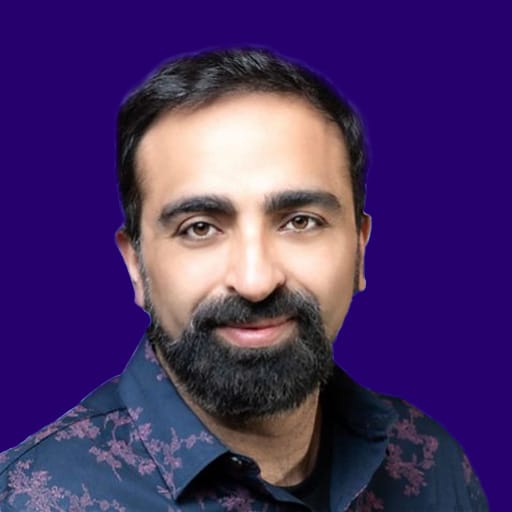In a recent interview with cybersecurity expert, Corien Vermaak, Head of Cybersecurity from Cisco ANZ, was a discussion about the evolving landscape of cybersecurity and the challenges posed by breaches and the shortage of skilled practitioners shed light on the urgent need for a value mind shift in understanding the importance of personal data security.
Vermaak commented,
“The adversaries are truly becoming more sophisticated”.
The interview highlighted how the escalating sophistication of cyber adversaries has created a sense of desensitisation among the general population, with many individuals viewing data breaches as commonplace and inconsequential. Similarly, the scarcity of skilled professionals to fill cybersecurity roles, combined with a lack of interest in the field, presents a critical challenge in safeguarding organisations’ and individuals’ data.
The conversation emphasised the need for a widespread societal recognition of the value of personal information and the potential consequences of data breaches. Vermaak outlined the importance of instilling a sense of violation among individuals when their online data is compromised, drawing parallels to the feeling of intrusion when physical privacy is violated. The lack of tangible loss in cybersecurity was also addressed, as the intangible nature of online theft often fails to evoke a genuine sense of violation in individuals.
Vermaak commented,
“…if people aren’t taking their own security seriously. It’s really hard for organisations to become the custodian of that safety. We [the cybersecurity industry] are now having to protect people that don’t Safeguard themselves.”
Furthermore, Vermaak explored the difficulty of bridging the gap in understanding the value of online data, particularly as society becomes increasingly reliant on digital technology. The transition to a future where digital interconnectedness becomes omnipresent raises crucial questions about how the next generation, who will experience a higher dependence on technology, will perceive the value and vulnerability of their online presence. This shift in reliance on technology, accompanied by the potential decline of choices in interacting with digital platforms, presents a unique challenge in reshaping societal perceptions of online security.
Addressing these challenges, the cybersecurity leader emphasised the importance of effectively communicating the value of personal information and the potential consequences of data theft at a mass scale. Drawing attention to the successful use of relatable analogies and storytelling, Vermaak highlighted the need for industry-wide efforts to connect with the general public through compelling narratives that illustrate the significance of cybersecurity and personal data protection.
Vermaak went on to say,
“So how do we get people to the stage where they feel violated? I mean, look. I I say that with more so the outcome of the feeling violated because then maybe it forces people to move and change their thinking.”
This comment underscored the pressing need for a societal shift in acknowledging the value of online information, particularly as digital reliance continues to grow. With cybersecurity becoming an increasingly integral aspect of daily life, the conversation shed light on the imperative for a unified effort to emphasise the importance of safeguarding personal data and recognising the potential outcomes of data breaches.
The role of education and storytelling in shaping public perception and the understanding of cybersecurity emerged as a critical focal point in addressing the growing challenges.
This serves as a poignant reminder of the necessity for a collective value mind shift – one that acknowledges the significance of cybersecurity and the protection of personal data.









